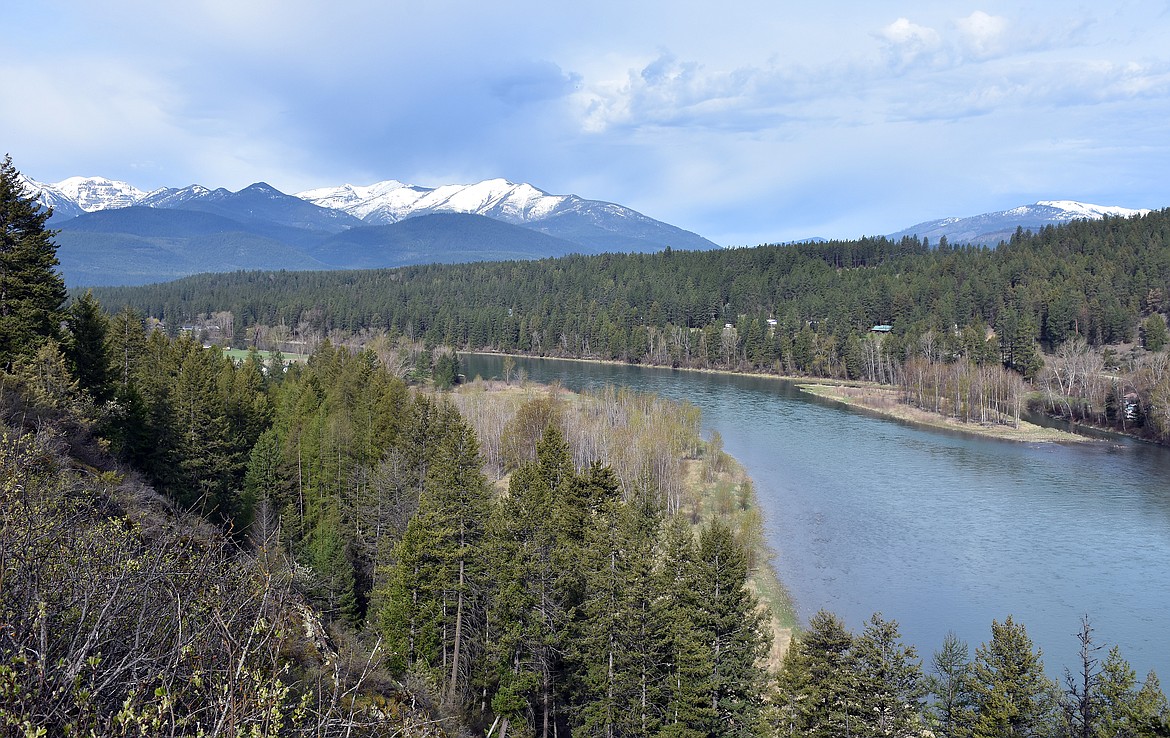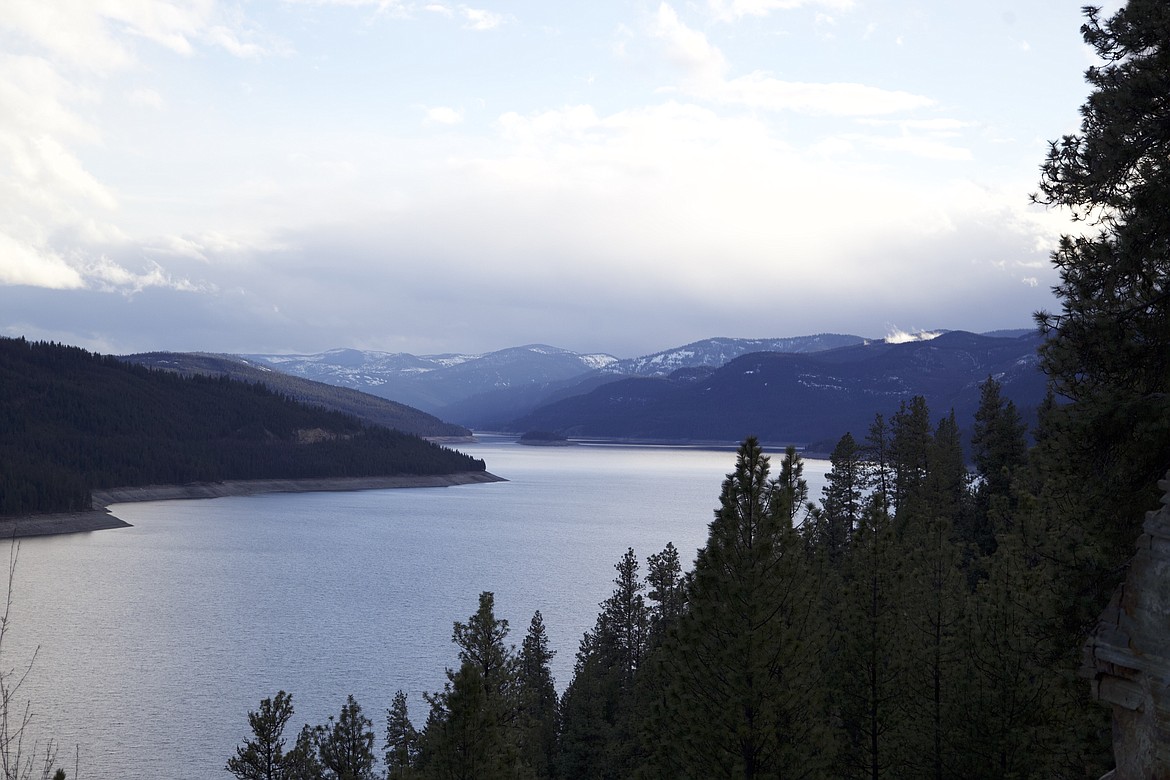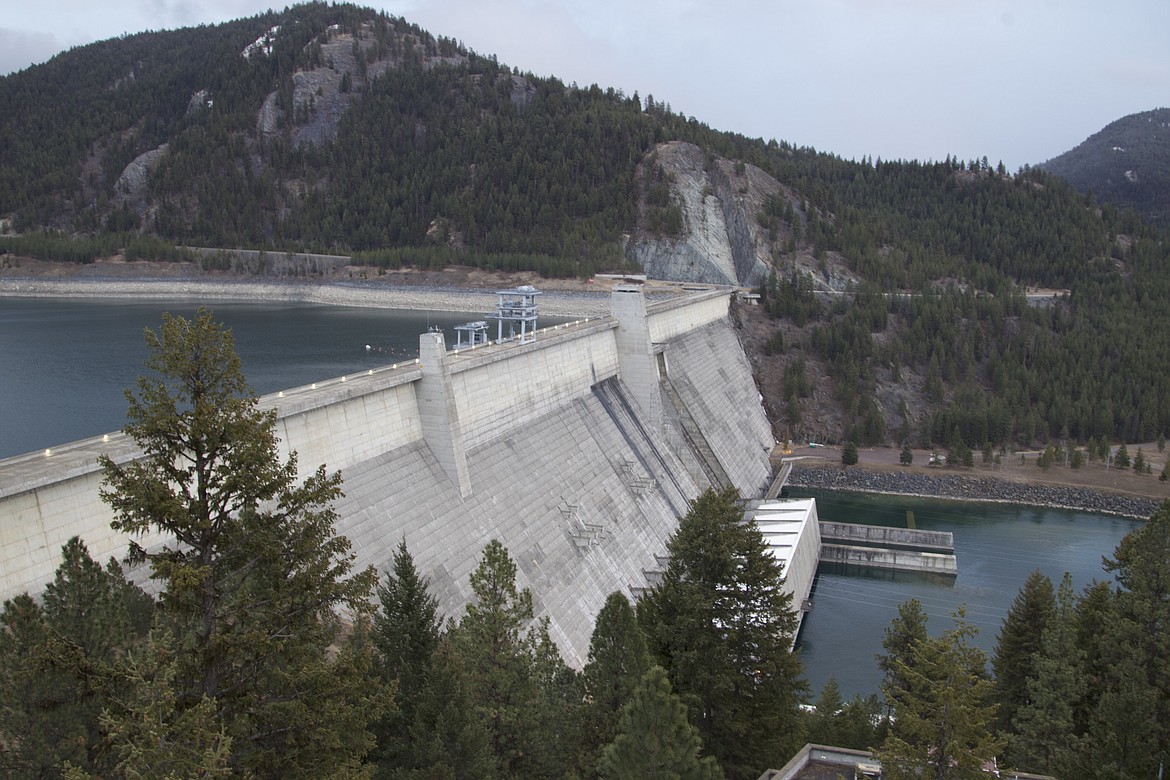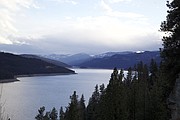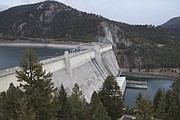Teck fined $60 million for polluting Koocanusa tributary
A Canadian coal mining company faces $60 million in fines after pleading guilty to polluting a tributary of Lake Koocanusa and the Kootenai River.
Prosecutors successfully leveled two federal counts of unlawfully depositing of deleterious substances — in this case, selenium and calcite — into the Fording River against Teck Resources. The March 26 sentence marks the highest fine ever for violating the Canadian Fisheries Act, according to a news release from Environmental and Climate Change Canada.
In an open letter published the day of the sentencing, Teck President and CEO Don Lindsay lamented the violations.
“We sincerely apologize and take responsibility for the impacts of these discharges,” he wrote. “Everyone at Teck is committed to responsible mining that protects the environment.”
The charges stem from violations of the Fisheries Act in 2012. Montana Public Radio reported that during oral arguments prosecutors decided not to pursue additional charges for pollution between 2013 and 2019.
State Sen. Mike Cuffe, R-Eureka, said the case against Teck has been mounting for a long time.
“They had it coming,” he said the day after the sentencing.
Cuffe was unsure if Lincoln County would receive compensation for Teck’s pollution, but he said if given the chance he would fight for it. The senator has supported strengthening U.S. oversight of the reservoir through the Columbia River Treaty. Though Cuffe has defended Teck’s efforts to improve water quality, he said he has gone toe-to-toe with the company in the past to protect county interests.
Before Teck began work on water treatment plants, which Cuffe described as cutting edge in the world of coal mining, the senator said he pushed executives to address the minerals leaching out of their mining waste rock.
While Teck has spent more than $1 billion to protect water quality in the Elk Valley, according to the company’s website, scientists and regulators say the efforts are not enough. After more than six years of research conducted by federal, state, tribal and Canadian scientists, the Montana Department of Environmental Protection tightened selenium standards in Lake Koocanusa and the Kootenai River in December.
DEQ officials said the new levels are necessary to protect aquatic ecosystems. Although selenium is essential in minute levels for animals and certain plants, it can compromise the reproduction of certain species of fish at high concentrations.
Local guides have come out in support of the measure. Tim Linehan, of Linehan Outfitting Company, and Mike Rooney, a retired guide who grew up fishing the Kootenai, said they have both caught fish with gill plate deformities — presumably caused by selenium — in the Elk River. Linehan said he has even caught fish with deformities in the Kootenai River.
While Linehan said he can still sell the Kootenai as one of the “best bodies of water in the Rocky Mountain west,” he worried about the continued effects of selenium on the fish. Rooney said outfitters were worried that high levels of the mineral could cause fish kills, which would be potentially serious deterrents for clients.
The standards have proven a hard sell to local elected officials.
Libby City Council voted down a resolution to support the levels in January. Troy City Councilors have said they would support continued research into the issue.
Cuffe, State Rep. Steve Gunderson, R-Libby, and the Lincoln County Board of Commissioners have opposed the measure, saying they were in favor of establishing the protections for the waterways, but argued the levels accepted by DEQ, and approved by the EPA in February, were too restrictive.
Earlier this year, Cuffe and Gunderson backed bills opposing the selenium standards. Both argued that the process had moved too quickly despite the years of research into the issue.
To justify additional legislative input on the matter, Cuffe has pointed to the tie vote cast by state representatives and senators on the Water Interim Policy Committee in October, which allowed DEQ to take action on standards. Following the vote, Cuffe said one representative who opposed the delay switched his stance, asking for more evidence to justify the standards.
Cuffe’s bill to repeal the standard died in committee. Gunderson’s bill to provide interim committee review of agency rules prior to adoption met a similar fate.
When asked if he planned to resurrect his measure after the ruling against Teck, Cuffe said he didn’t want to talk off into the future and noted that he was busy with other bills. This year’s legislative session is also roughly two-thirds of the way through.
Gunderson did not immediately respond to requests for comment.
During a December meeting with EPA officials, Cuffe and county commissioners said they were concerned that the DEQ standards could hamper future economic development in the area by creating another hurdle for timber, mining and real estate projects. By lowering the acceptable amount of selenium in the river and reservoir, the group was also concerned that state environmental regulators might declare Lake Koocanusa an impaired body of water.
Darcy O’Connor, water division director for EPA Region 8, said the standards are specific to selenium; only commercial activity that contribute selenium to waterways could be regulated through the levels approved by DEQ.
Dave Hadden, director of Headwaters Montana, said projects in Lincoln County would be unlikely to add selenium to waterways due to the geology of the area.
Of Teck’s $60 million in penalties, $58 million will go to the Government of Canada’s Environmental Damages Fund. This amount will help back projects that benefit Canada’s natural environment, according to the ECCC news release. The remaining portion of the fines will go to the Receiver General.

